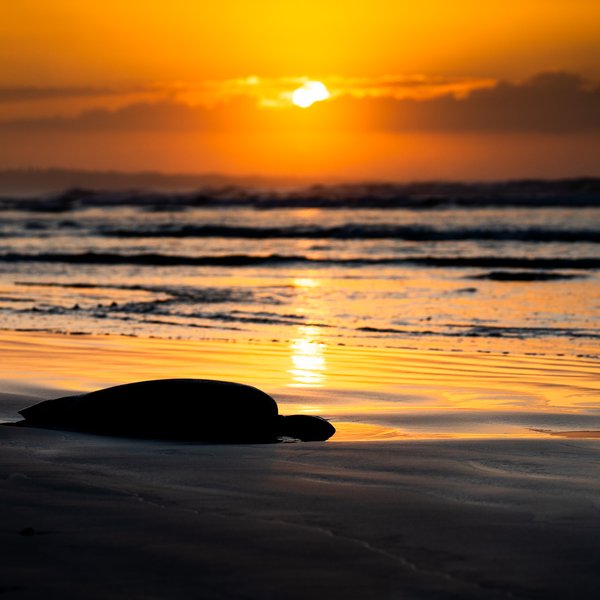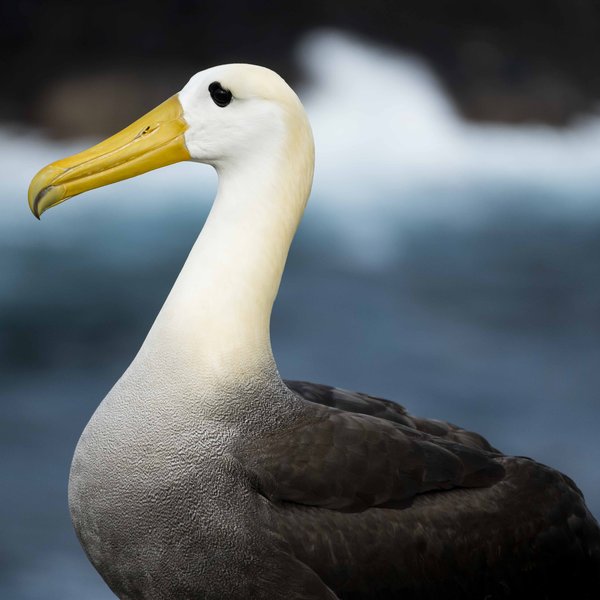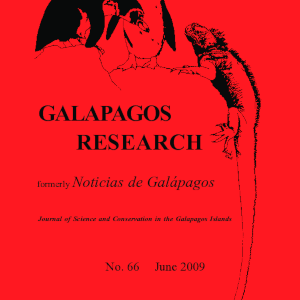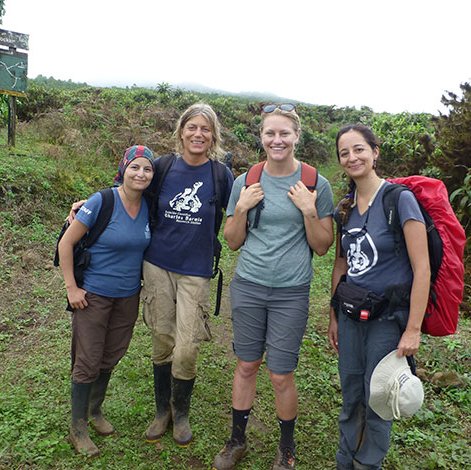Results

Carlos Espinosa/CDF
CDF teams up with OFC for long-term Galapagos conservation goals.
The Charles Darwin Foundation and Oceans Finance Company are delighted to announce a strategic partnership aimed at advancing crucial long-term conservation initiatives to enhance resilience to climate change in the archipelago and surrounding areas.

Carlos Espinosa/CDF

Carlos Espinosa/CDF

Carlos Espinosa/CDF

Carlos Espinosa/CDF

Carlos Espinosa/CDF

Carlos Espinosa/CDF

Carlos Espinosa/CDF

Carlos Espinosa/CDF

Carlos Espinosa/CDF

Carlos Espinosa/CDF

Carlos Espinosa/CDF

Carlos Espinosa/CDF

Carlos Espinosa/CDF


Carlos Espinosa/CDF

Carlos Espinosa/CDF

Carlos Espinosa/CDF

Carlos Espinosa/CDF





